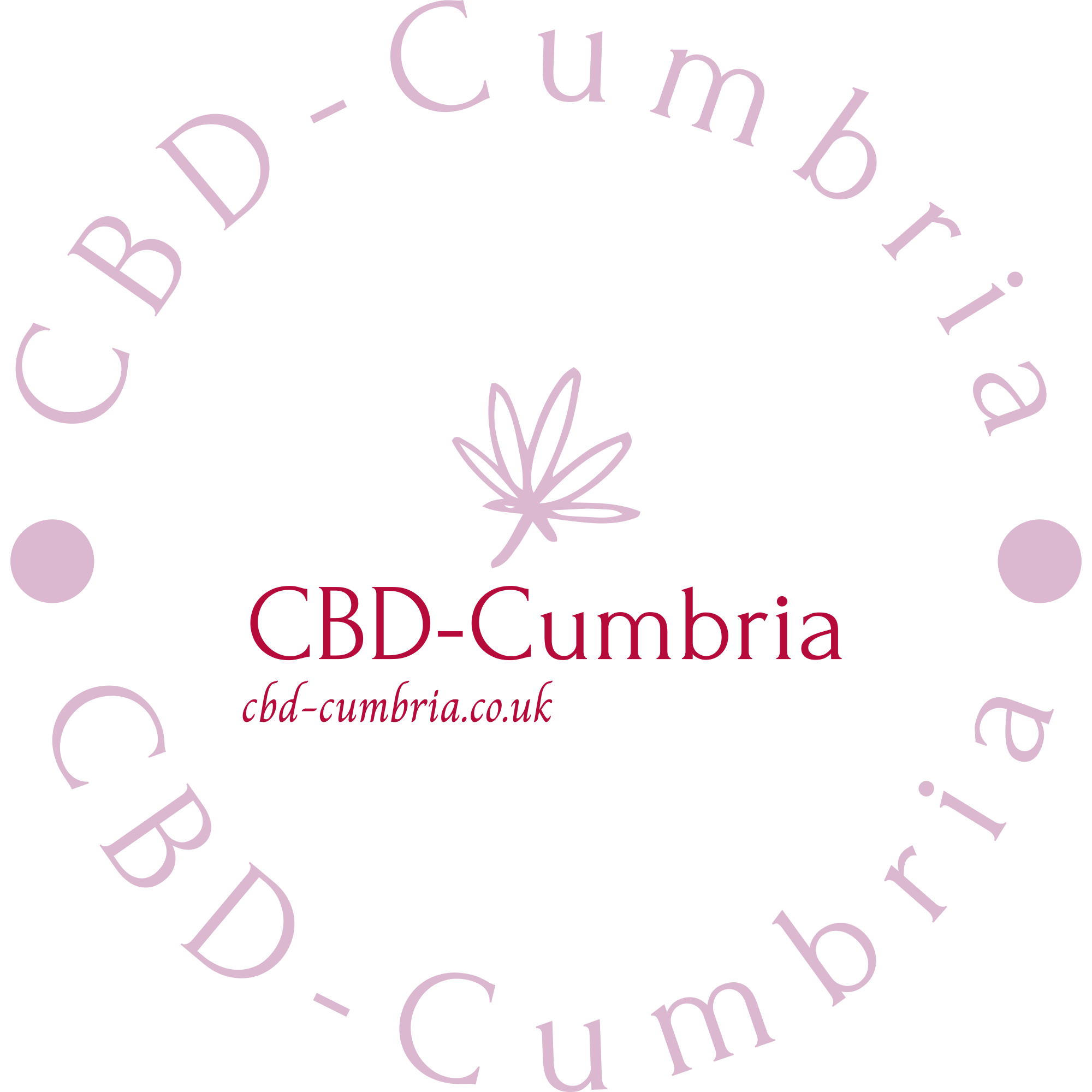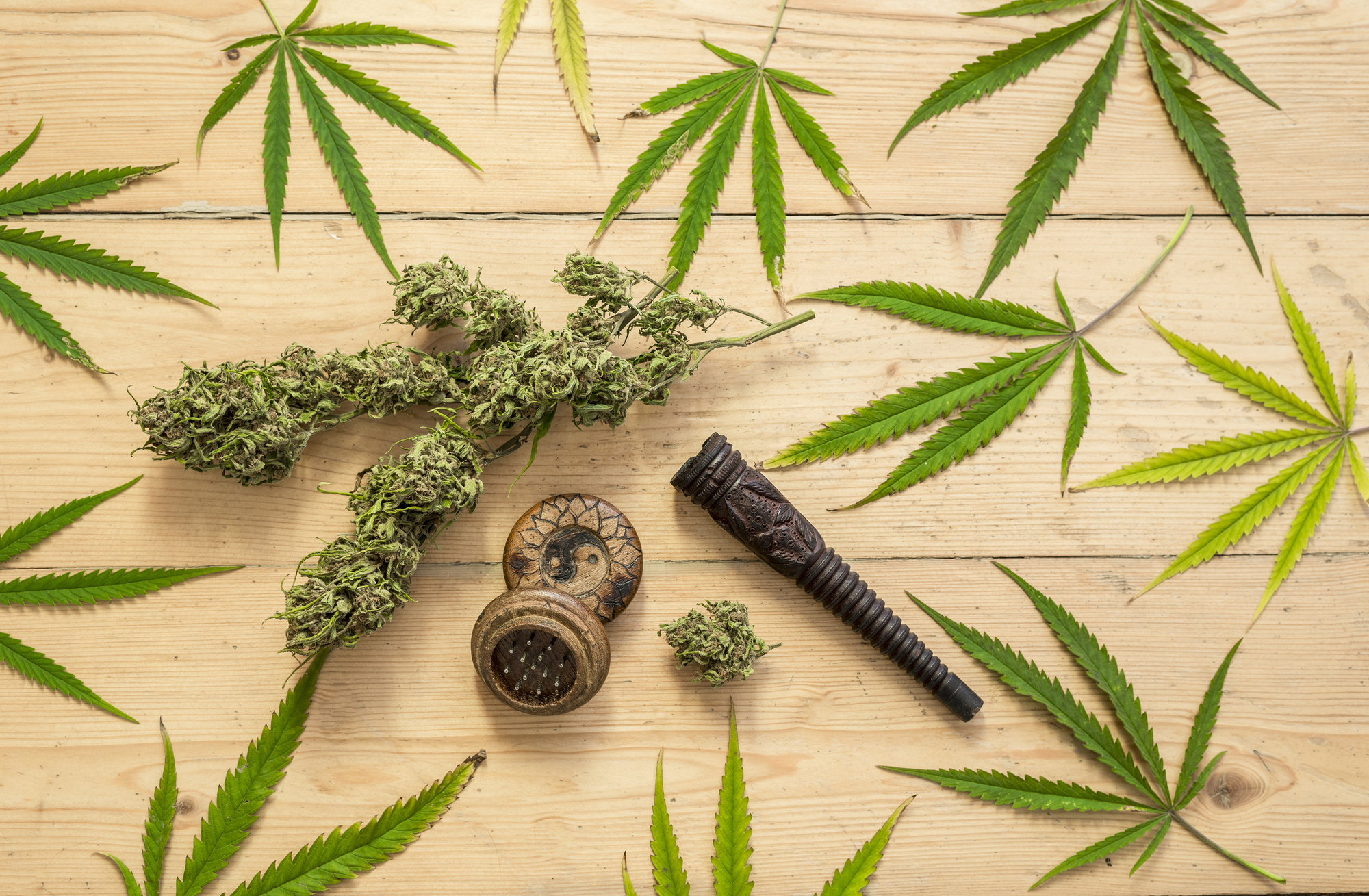Chemical Structure
Understanding the chemical structure of a substance is key to understanding its effects. This is especially true when comparing similar compounds like delta-8 and delta-9 THC, the psychoactive components found in cannabis. Their molecular structures are almost identical, but subtle differences lead to variations in how they interact with the body’s endocannabinoid system.
Delta-8 THC
Both delta-8 and delta-9 THC share a similar chemical backbone consisting of 21 carbon atoms arranged in a specific three-dimensional structure. The key difference lies in the location of a double bond within the molecule. Delta-9 THC has a double bond on the ninth carbon atom, while delta-8 THC has it on the eighth carbon atom. This seemingly small alteration in position significantly impacts their interactions with cannabinoid receptors in the brain.
Delta-9 THC
This difference in molecular structure results in varying potencies and effects. Delta-9 THC, due to its double bond location, binds more strongly to CB1 receptors in the brain, which are responsible for the psychoactive “high” associated with cannabis use. Delta-8 THC, while still binding to CB1 receptors, exhibits a weaker affinity, often resulting in a milder and less intense psychoactive experience.
Effects on the Body
The way our bodies respond to substances is intricately linked to their chemical makeup. This is particularly evident when examining delta-8 and delta-9 THC, the psychoactive compounds found in cannabis. Despite sharing a similar structure, subtle variations in their molecular composition lead to distinct effects on the body.
Psychoactivity
The differing potencies of delta-8 and delta-9 THC result in varying effects on the body.
- Delta-9 THC, due to its stronger binding to CB1 receptors, typically produces a more intense psychoactive effect characterized by euphoria, relaxation, altered perception, and increased appetite. It can also lead to anxiety, paranoia, and cognitive impairment in some individuals.
- Delta-8 THC, with its weaker affinity for CB1 receptors, generally produces milder psychoactive effects that are often described as more clear-headed and less overwhelming than delta-9 THC. However, it can still cause relaxation, euphoria, and changes in perception, though these effects tend to be less pronounced.
Physical Effects
While both delta-8 and delta-9 THC can induce psychoactive effects, the intensity and nature of those effects differ due to their distinct molecular structures. Delta-9 THC’s stronger binding to CB1 receptors typically results in a more pronounced “high” accompanied by euphoria, relaxation, altered perception, and increased appetite. However, it can also lead to negative side effects such as anxiety, paranoia, and cognitive impairment in some individuals.
Delta-8 THC, with its weaker affinity for CB1 receptors, generally produces milder psychoactive effects often described as clearer headed and less intense. Users may experience relaxation, euphoria, and changes in perception, but these effects tend to be less pronounced compared to delta-9 THC.
Potential Side Effects
Both delta-8 and delta-9 THC can induce a range of effects on the body, although the intensity and nature of these effects vary. Delta-9 THC, due to its stronger binding to CB1 receptors, is known for producing a more intense psychoactive experience that often includes euphoria, relaxation, altered perception, and increased appetite.

Delta-8 THC, with its weaker affinity for CB1 receptors, generally produces milder psychoactive effects. Users may still experience relaxation, euphoria, and changes in perception, but these effects tend to be less pronounced than those associated with delta-9 THC.
Potential side effects of both delta-8 and delta-9 THC can include anxiety, paranoia, dry mouth, red eyes, increased heart rate, and impaired coordination. It’s important to note that individual responses to these substances can vary widely based on factors such as dosage, consumption method, and individual tolerance.
Legality and Availability
Navigating the world of cannabis products can be complex, especially with the increasing popularity of delta-8 THC. Understanding the legal status and availability of both delta-8 and delta-9 THC is crucial for consumers to make informed decisions.
Federal Legal Status
The legality and availability of delta-8 and delta-9 THC vary significantly depending on location.
At the federal level in the United States, delta-9 THC is classified as a Schedule I controlled substance under the Controlled Substances Act. This means it is considered to have a high potential for abuse and no currently accepted medical use.
Delta-8 THC’s legal status is more complex. While it is structurally similar to delta-9 THC, it is not explicitly listed as a Schedule I controlled substance. This has led to some debate and varying interpretations regarding its legality. Some states have specifically legalized delta-8 THC, while others have taken steps to regulate or ban it.
It is essential for individuals to be aware of the specific laws in their jurisdiction regarding both delta-8 and delta-9 THC to ensure compliance.
State Regulations
Navigating the world of cannabis products can be complex, especially with the increasing popularity of delta-8 THC. Understanding the legal status and availability of both delta-8 and delta-9 THC is crucial for consumers to make informed decisions.
The legality and availability of delta-8 and delta-9 THC vary significantly depending on location.
- At the federal level in the United States, delta-9 THC is classified as a Schedule I controlled substance under the Controlled Substances Act. This means it is considered to have a high potential for abuse and no currently accepted medical use.
- Delta-8 THC’s legal status is more complex. While it is structurally similar to delta-9 THC, it is not explicitly listed as a Schedule I controlled substance. This has led to some debate and varying interpretations regarding its legality. Some states have specifically legalized delta-8 THC, while others have taken steps to regulate or ban it.
- It is essential for individuals to be aware of the specific laws in their jurisdiction regarding both delta-8 and delta-9 THC to ensure compliance.
Seltzer Formulation and Consumption**
The world of cannabis-infused beverages has exploded in recent years, with seltzer being a popular choice. Seltzers offer a refreshing and often lighter alternative to traditional alcoholic drinks or other cannabis edibles.
Their appeal lies not only in their taste but also in their purported effects.
Typical Ingredients
Typical ingredients in cannabis-infused seltzer include carbonated water, flavorings, sweeteners, and the active cannabinoid compounds, often delta-8 or delta-9 THC, derived from hemp or marijuana.
The specific formulation can vary depending on the brand and desired effects.
Absorption and Onset of Effects
Cannabis-infused seltzers offer a unique way to consume cannabinoids, typically delta-8 or delta-9 THC. These beverages are appealing due to their refreshing nature and often lower calorie count compared to traditional alcoholic drinks or sugary edibles. The absorption of THC from seltzer occurs primarily through the gastrointestinal tract.
Once consumed, the THC travels through the digestive system, where it is metabolized by the liver into 11-hydroxy-THC, a more potent form of the cannabinoid. This process can take anywhere from 30 minutes to two hours for effects to be felt, making seltzers a slower-acting option compared to smoking or vaping cannabis.
The onset of effects from delta-8 THC seltzer is generally considered milder and more gradual than that of delta-9 THC. This is attributed to the fact that delta-8 binds less strongly to CB1 receptors in the brain, resulting in a less intense psychoactive response.
Dosage Considerations
Dosage considerations for cannabis-infused seltzers are crucial for a safe and enjoyable experience. As with any cannabis product, it’s important to start with a low dose and gradually increase it as needed until the desired effects are achieved.

The appropriate dosage of THC can vary widely depending on individual factors such as body weight, metabolism, tolerance, and the potency of the seltzer. A general guideline for first-time users is to begin with 2.5-5 milligrams of THC and wait at least two hours before consuming more.
It’s important to note that THC can take some time to kick in, so patience is key.
Always consume cannabis-infused seltzers responsibly in a safe environment and avoid driving or operating machinery while under the influence.
Choosing the Right Product for You
When choosing the right cannabis product, it’s crucial to understand your desired effects and individual needs. Both delta-8 and delta-9 THC can induce psychoactive effects, but their intensities and profiles differ due to their unique molecular structures.
Delta-9 THC, with its stronger binding to CB1 receptors, typically produces a more pronounced “high” characterized by euphoria, relaxation, altered perception, and increased appetite. However, it can also lead to anxiety, paranoia, and cognitive impairment in some individuals.
Delta-8 THC, with its weaker affinity for CB1 receptors, generally produces milder psychoactive effects often described as clearer headed and less intense. Users may experience relaxation, euphoria, and changes in perception, but these effects tend to be less pronounced than those associated with delta-9 THC.
Consider your desired outcome. If you’re seeking a more intense experience, delta-9 THC might be suitable. If you prefer a milder and less overwhelming effect, delta-8 THC could be a better choice.
It’s also important to be aware of the legal status and availability of both delta-8 and delta-9 THC in your jurisdiction.
The legality and availability of delta-8 and delta-9 THC vary significantly depending on location. At the federal level in the United States, delta-9 THC is classified as a Schedule I controlled substance under the Controlled Substances Act. This means it is considered to have a high potential for abuse and no currently accepted medical use.
Delta-8 THC’s legal status is more complex. While it is structurally similar to delta-9 THC, it is not explicitly listed as a Schedule I controlled substance. This has led to some debate and varying interpretations regarding its legality. Some states have specifically legalized delta-8 THC, while others have taken steps to regulate or ban it.
It is essential for individuals to be aware of the specific laws in their jurisdiction regarding both delta-8 and delta-9 THC to ensure compliance.
Choosing the right cannabis product involves a personal evaluation of desired effects, individual tolerance, legal considerations, and product availability.
Shop Cloud Cola’s Infused THC Beverages
- Neauvia Hydro Deluxe Skin Booster Treatments Near Carshalton, Surrey - May 15, 2025
- The Difference Between Delta-8 And Delta-9 THC Seltzers - May 14, 2025
- How To Ensure Natural-looking Results With Jaw Fillers In London - May 14, 2025

